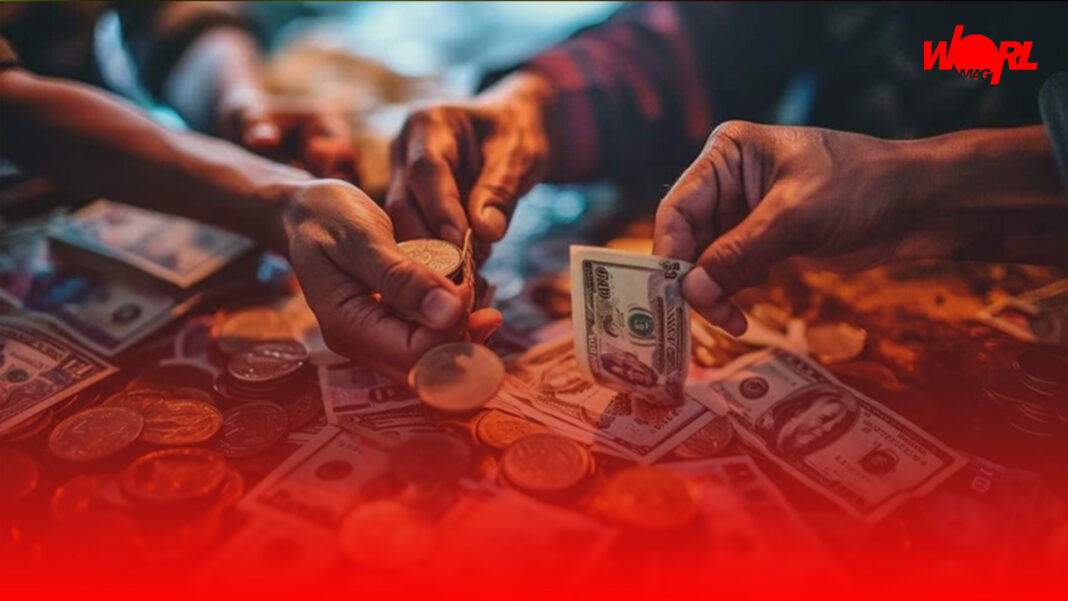
The Impact of Jamaica’s Partner Draw/Round Robin System on the Entertainment Industry Globally
What started as a means to save and accumulate money in the late 50s,60s, etc, for women who didn’t have bank accounts and families who were planning for future endeavors has evolved and remained an integral part of not only Jamaican culture, but Caribbean lifestyle.
The Jamaica Partner draw/Round Robin system (sou-sou, susu, box money, meeting turn, Partner Hand, merry-go-round, Pawdna, San in the Dominican Republic, and Njangi in Cameroon, etc ) has been a long-standing tradition deeply rooted in the Jamaican culture. Historically, these practices have served as a way for individuals to save money, socialize, and support local businesses. However, as these traditions have spread to diaspora communities in the UK, Canada, and the US, they have evolved in ways that are impacting the entertainment industry both locally and globally.
In the diaspora communities, these events have taken on a new form, utilizing DJs to provide entertainment throughout the week, mirroring the weekend entertainment lineups at heavily discounted rates. This has led to a shift in consumer behavior, with individuals becoming reluctant to pay weekend admission fees when they can experience similar lineups at a fraction of the cost during the week. Additionally, the traditional round robin events, where each business hosts an event on their premises, have transformed into larger-scale gatherings at a single venue, attracting non-event-based promoters who capitalize on the industry without contributing to its growth.

As a result, local week-to-week events in clubs, banqueting suites, and halls – the heart of the entertainment industry – have experienced a decline in attendance and revenue. The unsustainable nature of this trend raises concerns about the future of these events and the overall health of the industry. The rise of alternative events such as outdoor festivals, BBQs, weekenders overseas, and concerts for reggae and dancehall artists has become more popular, but at the expense of traditional local events.
Addressing this issue requires a sustainable solution that balances the cultural significance of Jamaican Partner draw and Round Robin events with the need for a thriving and diverse entertainment industry. One potential approach could involve fostering partnerships between traditional event organizers and new promoters to create innovative and inclusive events that attract a broader audience. Additionally, investing in creative marketing strategies and expanding event offerings to appeal to a wider demographic could help revitalize the local entertainment scene.

Moreover, collaboration and community engagement are essential in addressing these challenges, as they are not confined to a single location but have become an international issue affecting the global diaspora. A more sustainable and vibrant entertainment ecosystem can be established by fostering a collaborative approach among stakeholders, including event organizers, artists, venues, and attendees.

In conclusion, while the Jamaica Partner draw/Round Robin system has played a significant role in shaping the cultural landscape of diaspora communities, their impact on the entertainment industry requires careful consideration and strategic planning. By acknowledging the evolving nature of these traditions and embracing innovative solutions, we can ensure that the industry continues to thrive and evolve in a way that benefits everyone involved.
Images from Google







